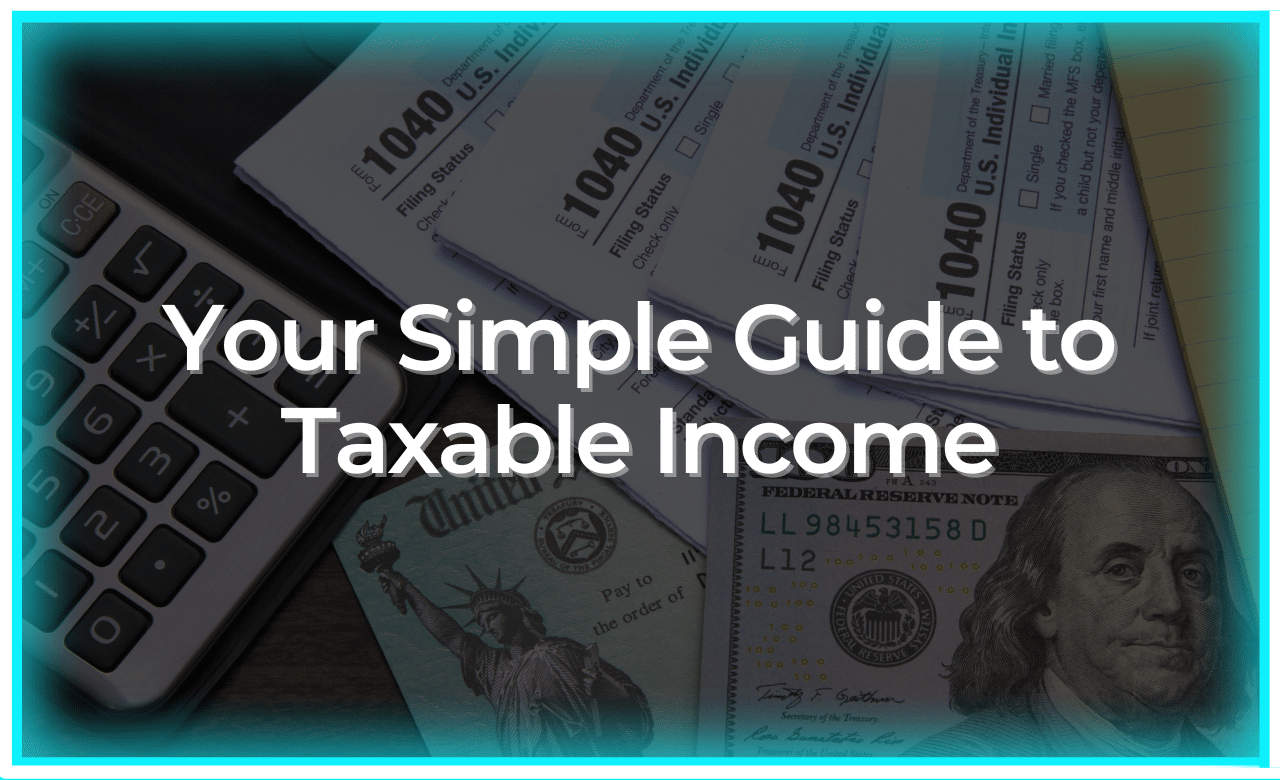Hi, I’m Bette Hochberger, CPA, CGMA. Taxable income can sometimes seem complicated, but it’s a key concept that affects how much you pay in taxes. Whether you’re starting your first job, running a business, or navigating retirement, knowing what this term means and how it’s calculated is essential. Let’s break it down into simple terms.
What Is It?
This is the portion of your earnings that is subject to taxation by the government. In simple terms, it’s the income you earn that the IRS uses to determine how much tax you owe. Essentially, not all income is taxable, but most types of your earnings will fall into this category.
Types of Taxable Earnings
- Wages and Salaries: This includes money you earn from your job, whether you’re a full-time employee or a part-time worker. Your paycheck typically has taxes withheld based on your earnings.
- Self-Employment Income: If you run your own business or work as a freelancer, the money you make is considered taxable. You’ll need to report this income when filing your taxes.
- Interest and Dividends: Money earned from savings accounts, stocks, or other investments is also subject to tax. For example, if you earn interest on your savings account or receive dividends from shares you own, that income is taxable.
- Rental Income: If you own rental property, the rent you receive is considered taxable earnings. You can also deduct certain expenses related to managing the property, which can lower your overall taxable amount.
- Capital Gains: If you sell an asset (like a house or stock) for more than you paid for it, the profit is considered a capital gain and is subject to taxes.
- Retirement Distributions: Withdrawals from certain retirement accounts, like traditional IRAs or 401(k) plans, are typically considered taxable in the year you take them.
Non-Taxable Income
Not all income is subject to tax. Here are some common examples of non-taxable income:
- Gifts and Inheritances: Money or property you receive as a gift or inheritance is generally not subject to tax.
- Life Insurance Proceeds: Money received from a life insurance policy after someone’s death is usually tax-free.
- Certain Employee Benefits: Some benefits, like health insurance provided by your employer, may not be considered taxable earnings.
How is Taxable Income Calculated?
To calculate your taxable income, follow these general steps:
- Start with Your Gross Income: This is the total income you earn before any deductions or taxes. It includes wages, interest, dividends, and any other income sources.
- Subtract Allowable Deductions: Deductions reduce your taxable income. Common deductions include contributions to retirement accounts, student loan interest, and certain business expenses. You can choose to take the standard deduction or itemize your deductions, depending on which method lowers your tax burden more.
- Add Any Additional Income: If you have any other taxable earnings (like capital gains), add that to your total.
The resulting number is your taxable income, which will be used to determine your tax liability.
Why Is It Important?
Understanding your taxable income is crucial because it impacts how much you owe in taxes. The IRS uses your taxable income to place you in the appropriate tax bracket, which determines the percentage of tax you will pay on your earnings. Knowing how to calculate and manage your taxable income can help you make informed financial decisions and potentially lower your tax bill.
This concept is fundamental and affects how much you pay in taxes. If you have questions about your specific situation, reach out to us! We can provide personalized advice and guidance. Remember, being informed is the first step towards effective financial management!
I’ll see you next time.










